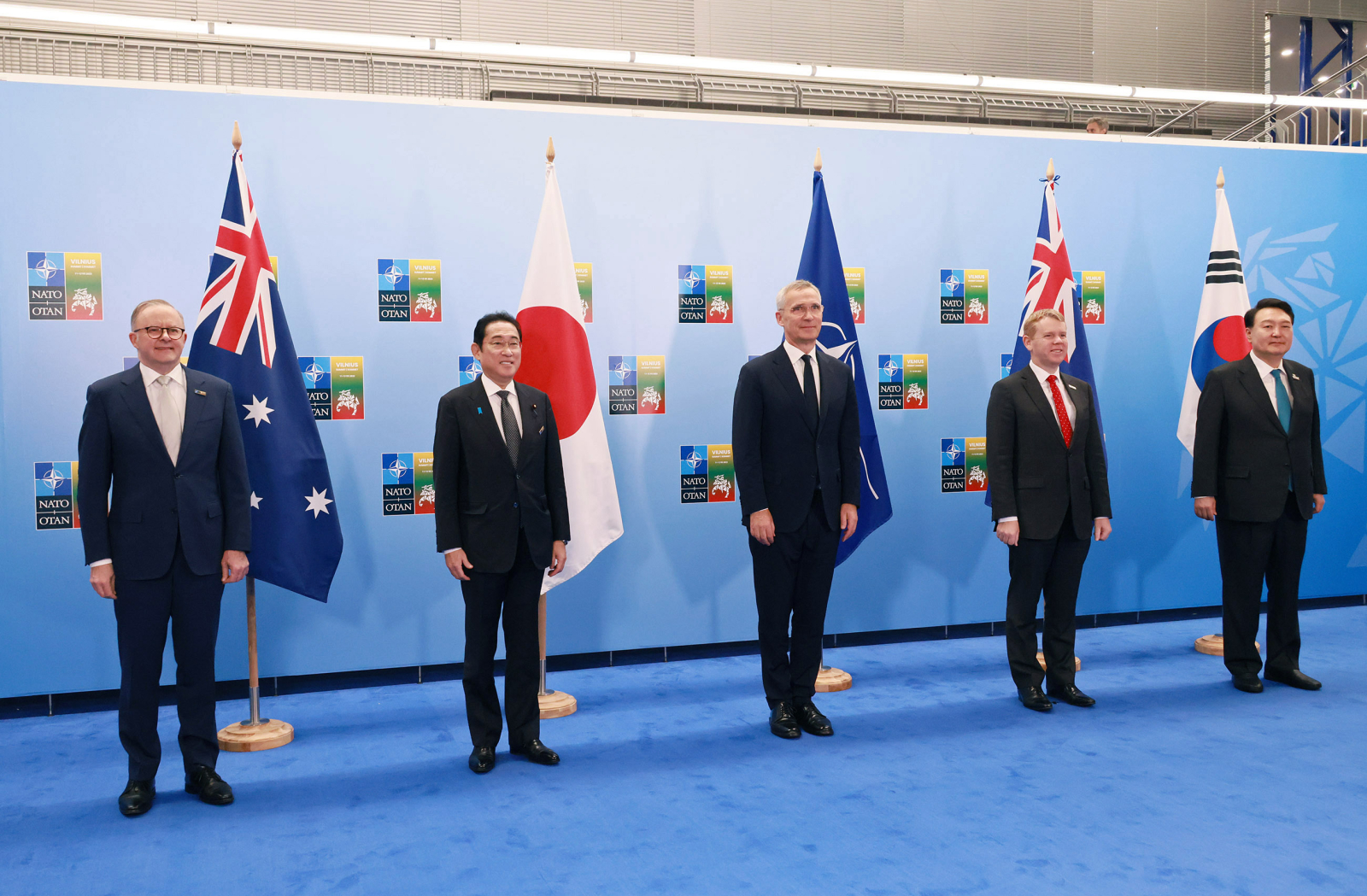
Practical information
In 2022, NATO acknowledged China's growing influence and military modernization as significant challenges, recognizing the Indo-Pacific region's strategic importance.

Japan, along with other key partners such as ROK, Australia, and New Zealand, has pursued enhanced cooperation with NATO. Prime Minister Kishida and Foreign Minister Hayashi's high-level visits have further strengthened Japan's relations with the alliance. Discussions have emerged in Spring 2023 regarding the potential opening of a NATO Liaison office in Tokyo.
However, NATO member countries hold varying perspectives on the extent of the alliance's commitment to the Indo-Pacific, with France taking a cautious approach. This conference provides a platform to explore the Japanese and European perspectives on NATO's role in the Indo-Pacific and its cooperation with the AP4.
The event will be held in English.
PROGRAMME
Chair: Céline Pajon, Head of Japan Research, Center for Asian and Indo-Pacific Studies, Ifri
- Benedetta Berti, Head, Policy Planning, Office of the Secretary General, NATO
- Michito Tsuruoka, Associate Professor, Keio University and Visiting Fellow, Australian National University (ANU)
- Yuichi Hosoya, Professor, Keio University
Discussant: Eva Pejsova, Japan Chair, Brussels School of Governance
Related Subjects
Other events

Paris Naval Conference 2026: Naval Rearmament and Operations in Contested Waters
This fourth edition of the Paris Naval Conference (CNP), bringing together high-level military, industrial, and academic speakers, will address the challenges associated with general naval rearmament and naval operations in increasingly contested environments.





